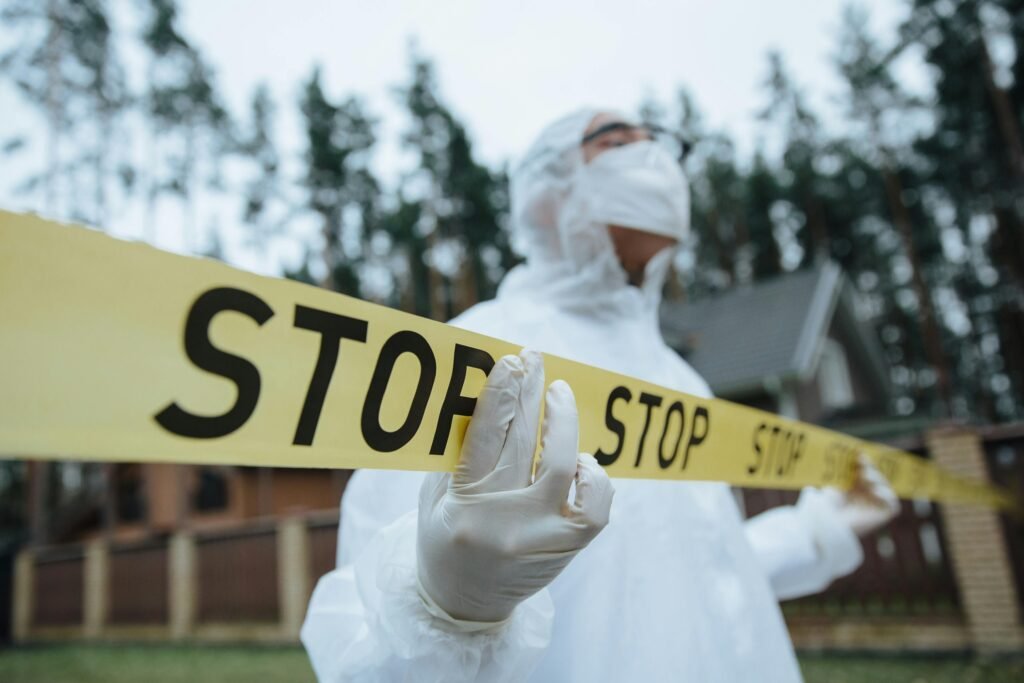
Crime Scene Reconstruction: Navigating Forensic Science Complexity

Forensic experts face a gauntlet of challenges in the intricate world of crime scene reconstruction that test the boundaries of scientific investigation and human analytical capabilities.
Crime Scene Reconstruction: Decoding the Most Difficult Investigative Challenges
It is more than a technical process—a complex puzzle that demands exceptional skill, technological prowess, and unwavering scientific precision.
Evidence Degradation: The Race Against Time
Professionals confront critical challenges in evidence preservation:
- Rapid environmental evidence deterioration
- Unintentional contamination risks
- Biological material decomposition
- Environmental interference with trace evidence
- Narrow windows for evidence collection
Technological Limitations in Forensic Investigation
Modern crime scene reconstruction battles significant technological constraints:
- Limited funding for advanced forensic tools
- High costs of cutting-edge analytical equipment
- Rapid technological obsolescence
- Specialized training requirements
- Inconsistent access to forensic laboratories
Psychological Complexities
Forensic experts navigate intricate psychological challenges:
- Maintaining absolute investigative objectivity
- Combating cognitive bias
- Managing the emotional stress of traumatic scenes
- Constructing multiple investigative scenarios
- Balancing scientific rigor with investigative intuition
The Evolving Landscape of Criminal Methodologies
Crime scenes must adapt to increasingly sophisticated criminal approaches:
- Hybrid criminal techniques
- Cross-jurisdictional investigation challenges
- Advanced evidence concealment methods
- Technological integration in criminal activities
- Rapidly changing investigative landscapes
Legal and Ethical Considerations in Forensic Science
Crime scene reconstruction operates within strict investigative frameworks:
- Preserving evidence chain of custody
- Meeting rigorous judicial standards
- Navigating complex legal documentation
- Ensuring forensic finding reproducibility
- Protecting individual privacy rights
Time and Resource Constraints in Forensic Investigations
Investigators constantly battle against:
- Limited investigation windows
- Institutional pressure for rapid resolution
- Resource allocation challenges
- Competing investigative priorities
- Public expectations of quick results
Interdisciplinary Challenges in Crime Scene Reconstruction
Successful forensic investigation requires:
- Seamless cross-disciplinary collaboration
- Integration of diverse scientific methodologies
- Expert communication and knowledge sharing
- Comprehensive information synthesis
- Technical findings translation for legal contexts
The Future
As forensic science evolves, crime scene reconstruction remains a critical bridge between physical evidence and investigative truth. Each challenge represents an opportunity to push the boundaries of scientific investigation, technological innovation, and human analytical capability.
About the Author: Phillip Strang
With a distinguished career exploring criminal investigations, Phillip Strang brings unparalleled insight into the complex world of forensic methodologies.
Featured Books on Forensic Investigation
Dark Streets
- Genre: Crime Fiction
- Description: A gripping exploration of Sydney’s criminal underworld
- Purchase Links: Amazon
Death Unholy
- Genre: Thriller
- Description: A compelling narrative of criminal investigation
- Purchase Links: Amazon
Malika’s Revenge
- Genre: International Thriller
- Description: An intense journey through criminal landscapes
- Purchase Links: Amazon